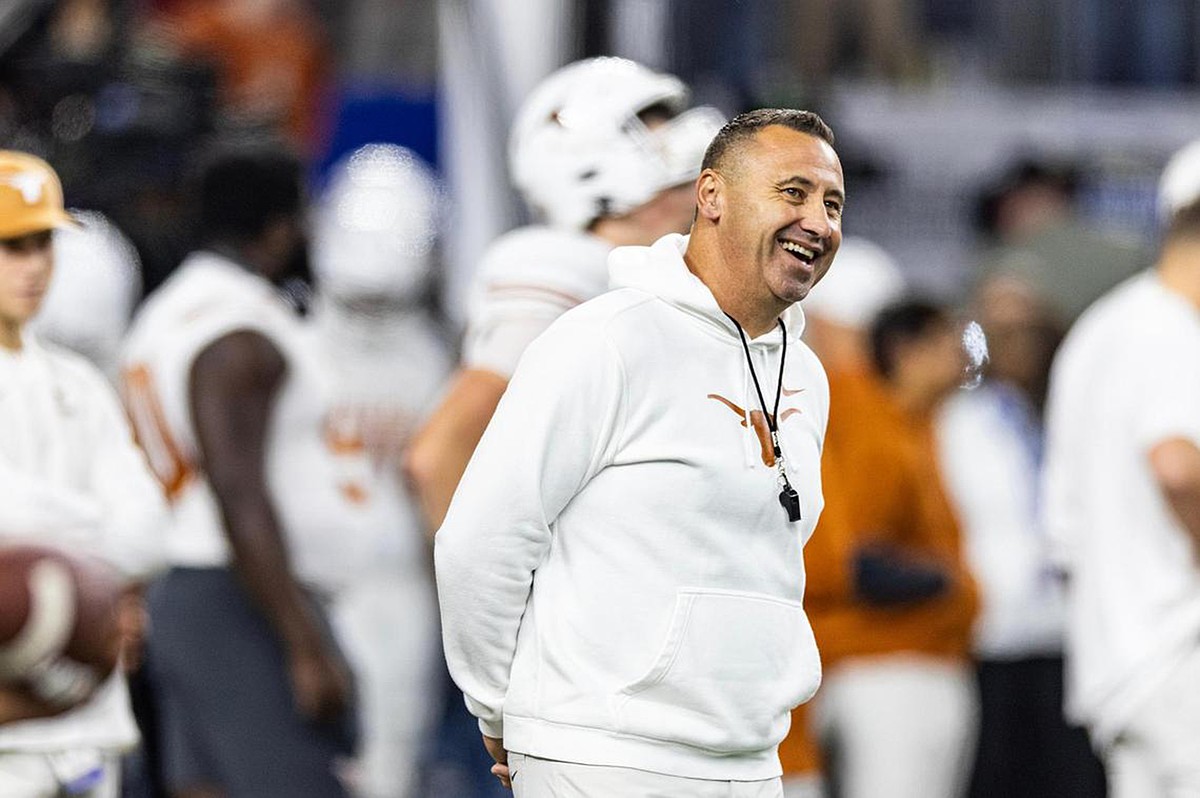FORT WORTH, Texas — An elderly white-haired gentlemen “with means,” who is a long time TCU benefactor and been around and around, recently said it best of this new era of college sports, “Now’s when the cheating really starts.”
This person was around in the ’80s, when the now defunct Southwest Conference made the Wild West look refined and orderly. When rich guys sprayed money at college football players through hoses of cash, brazenly ignoring the NCAA’s bloated rule book and draconian enforcement of its regulations about amateurism.
It’s 2025, and the NCAA still exists, but its precious rule book has been thrown into the shredder by the United States Supreme Court. College sports’ biggest governing body now exists because of March Madness, and its massive media right’s package that keeps the NCAA afloat.
It’s 2025, players are paid directly by schools, there is a soft “salary cap,” a new College Sports Commission and the hope that people will follow a “new and improved” rule book. For the Big 12 and the ACC, they are not only counting on it but the enforcement of these new rules may be the only way they can win a football title in a world ruled by The BigSECTen.
Those two leagues operate with the security provided by the following: 1.) They have the full support, and bigger contracts, from broadcast right’s partners ESPN and Fox. 2.) They tell the NCAA what they are doing, not the other way around. Last year, leaders from the Big Ten and SEC met with the suits from the NCAA to tell them, “This is how you are going to govern us.”
You will notice that any time the leadership from the Big 12 or ACC, or its members schools, call for a nationwide meeting to discuss a topic or trend, the people from the Big Ten and SEC blow it off. Despite these considerable obstacles, and insulting and degrading behaviors from ostensible “peers in the profession,” the Big 12 and ACC play on in a tilted field.
“The one thing that no one is talking about is that (House v. NCAA) settlement should create a level playing field,” Big 12 commissioner Brett Yormark said to a small group of reporters at Big 12 Media Days earlier this month. “If enforcement works, and it will; I have a lot of faith in (College Sports Commission CEO) Bryan Seeley.
“This should create a level playing field. I am not giving that up.”
This hope is rooted in the rule that the Power Four conference teams, plus Notre Dame, are now only able to spend up to the $20.5 million limit to distribute however they want to all of their players, in all sports. Anything above that must be cleared by a third party as a legitimate Name-Image-Likeness contract that is not just pay-to-play.
These new rules were finalized over the summer; college sports is now in its first recruiting cycle where there will be a new watchmen over the money, the CSC (College Sports Commission). In theory, this soft salary cap that isn’t called a cap will function in college football like the NFL, and talent will be dispersed among the “power names” as opposed to just a few.
If it works, it could create scenarios where non-traditional schools can not only move up the rankings, but win playoff games and win a national title.
If it works, it would allow the Big 12 and ACC to have a legit chance to contend with the familiar rich names that have traditionally run this sport unlike any other major league in America. Since 1970, the top of college football’s pyramid remains mostly unchanged.
Of the 33 teams that play in the ACC and Big 12, three have won national titles this century: Miami, Florida State and Clemson. The only current members of the Big 12 that have won a national title in the modern era are Colorado (1990), BYU (1984); the other Big 12 school that won a national championship is TCU, in 1938. TCU reached the national title game in 2022, and lost to Georgia in a thriller.
If it makes you feel any better, there are 34 teams that play in TheBigSEC10. Most of them haven’t sniffed a national title, either. That means you Indiana, Illinois, Purdue, Kentucky, UCLA, Rutgers, Maryland, Vanderbilt and Northwestern … and the rest who mooch off Alabama, Ohio State, Michigan, LSU and the other elite snobs.
A “level playing field,” in theory, expands the number of teams that can have an opportunity to do something other than serve as Georgia chum.
This level playing field has a prayer only if this new college sports commission has real incisors, and can actually enforce punishment when the violators are caught. The boosters who violated the rules in the ’70s and ’80s may be all gone, but their legacies, and practices, will live on in this new era of college sports.
Because now the cheating really starts.
Distributed by Tribune Content Agency, LLC.
